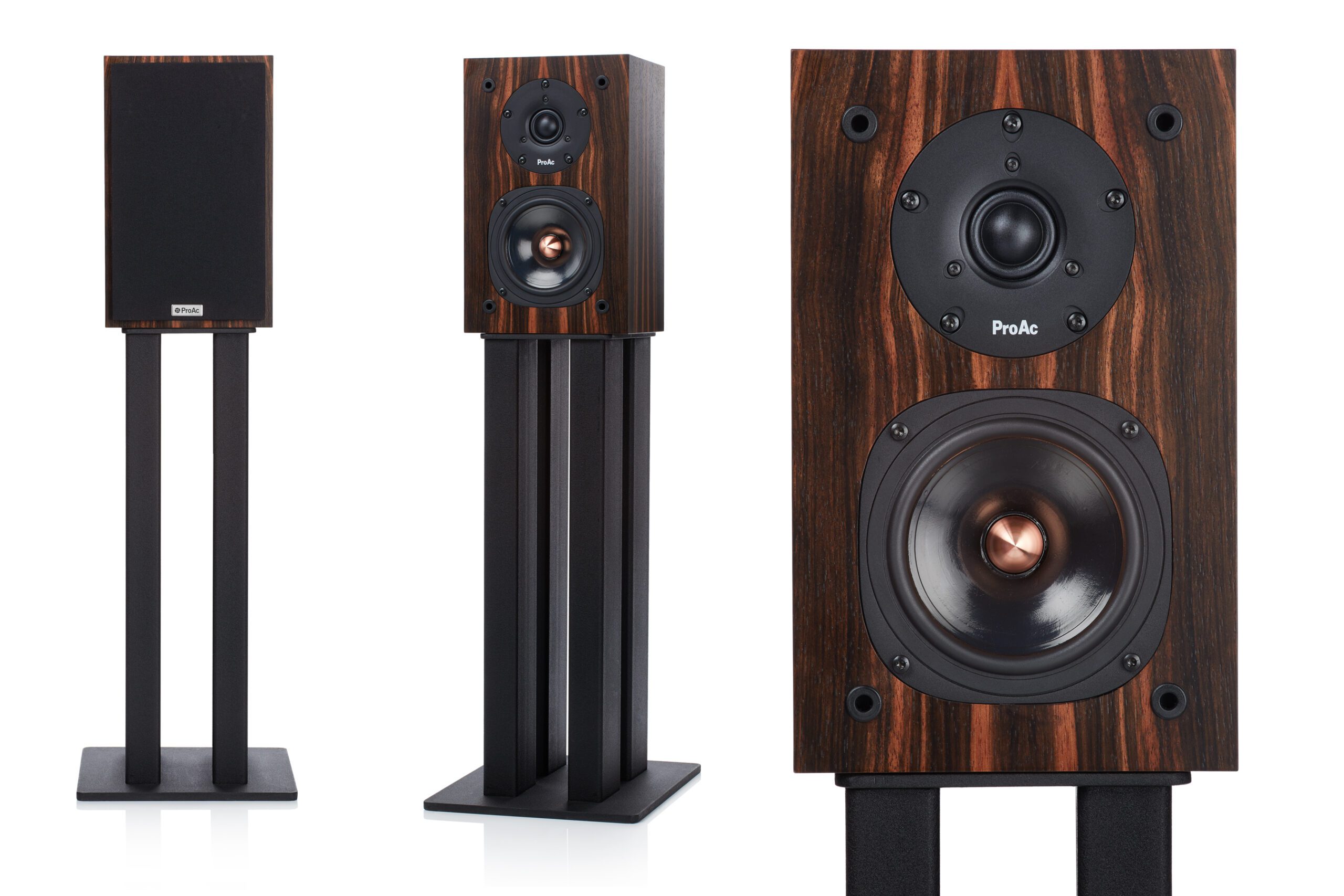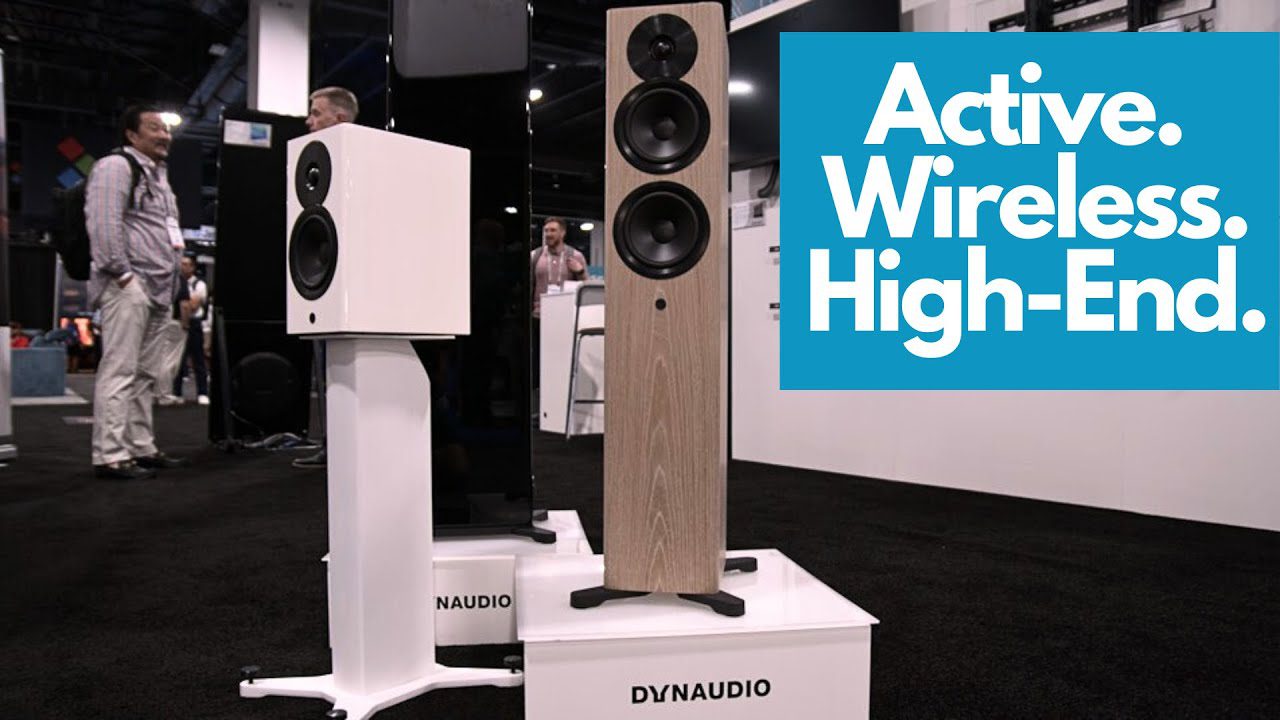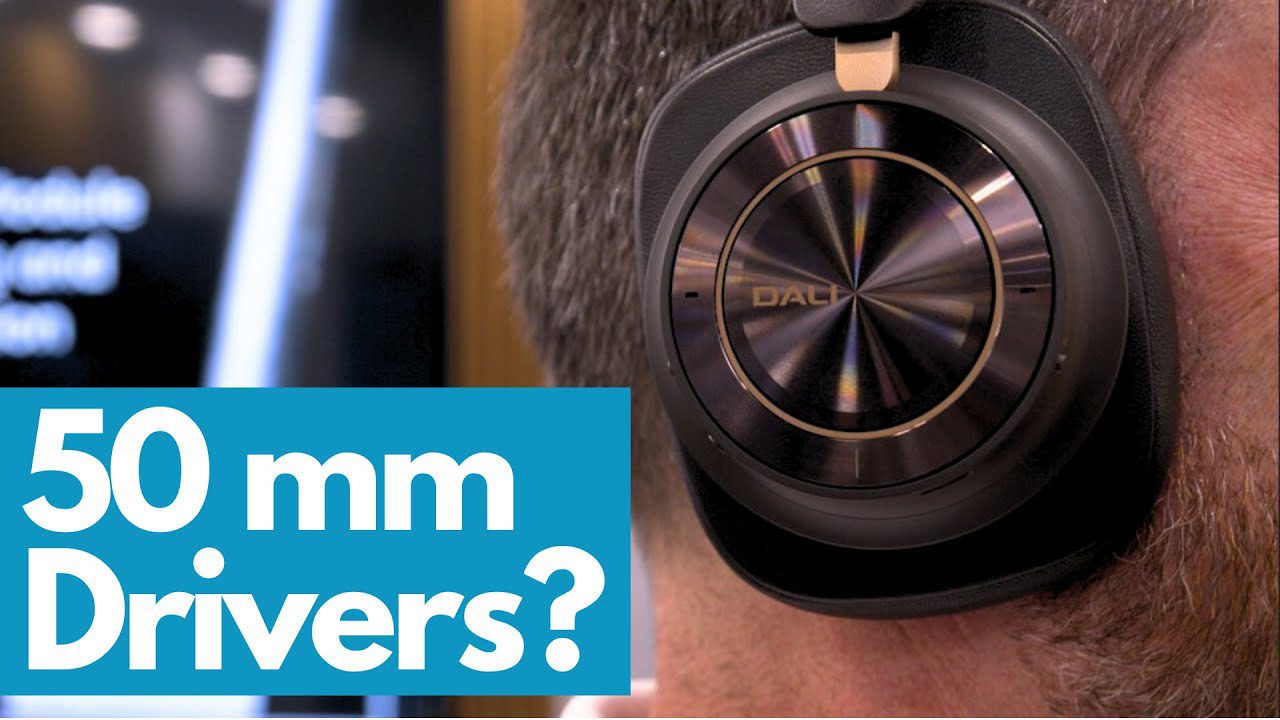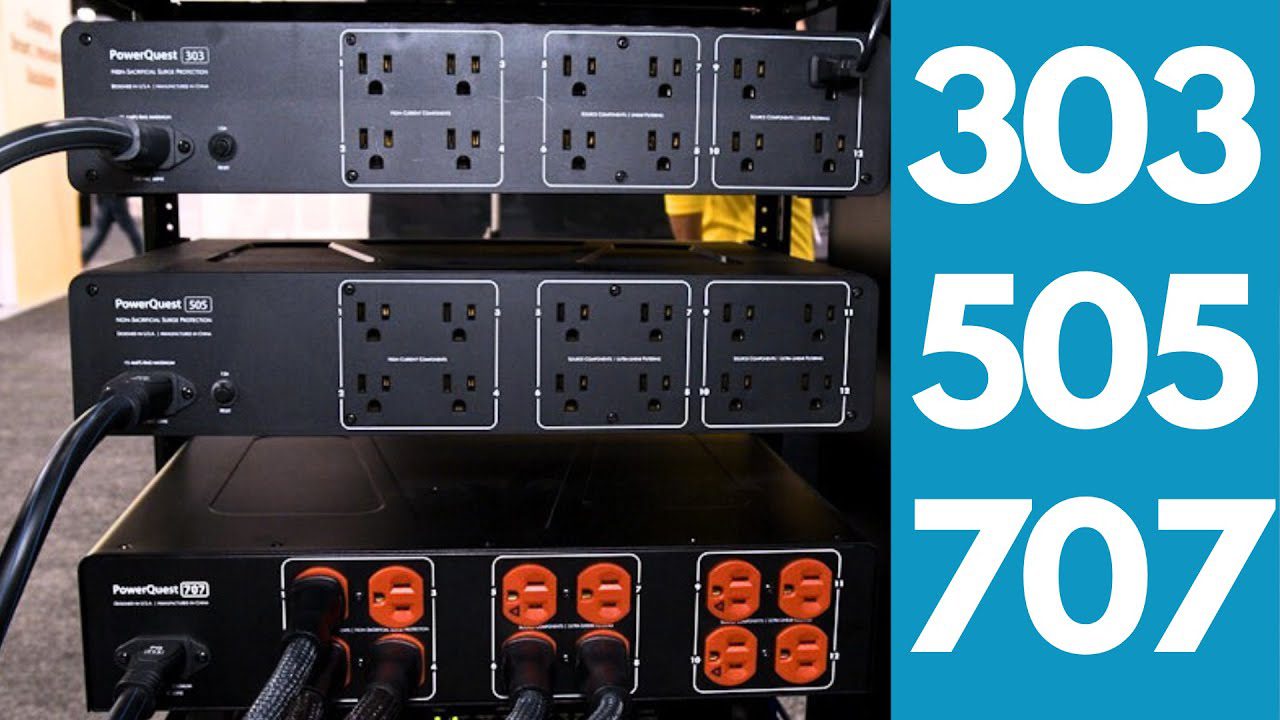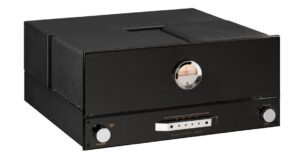
I hear that MSB is taking off in Asia and the far east. I can’t say I’m surprised. This is a brand that has stuck to its guns and pushed the envelope of digital audio to a greater extent than most. Usually there is at least one technical wizard in every successful company, but they are in the minority and have to do what marketing thinks will be most profitable. That MSB takes a different approach is evident in a total commitment to technological excellence… and a website that’s best described as ‘down to earth’.
The dedication to the cause can be seen in the Signature Data CD IV, the unwieldy name given to MSB’s top ranked transport. There is a standard Platinum Data CD IV at half the price and a Universal Media Transport Plus for 25% less but the Signature has more bells and whistles than the former and is a dedicated disc spinner unlike the latter (which also streams audio). The Signature requires a 12volt power supply, which MSB provides in the form of a Power Base, a unit that matches the style and size of the transport and sits underneath it. The Power Base will power both an MSB transport and DAC, and you can get a Signature version of the Power Base.
There are few similarities between the Data CD IV and other CD transports. For a start it’s not limited to mere CDs but will spin data discs encoded with WAV files at word/bit rates up to 32/384, including the HRx discs from Reference Recordings that possibly inspired the move. So you can burn hi-res files onto CD-R or DVD-R and play them back at rates beyond the capability of existing computer audio or network streaming systems. Interesting no?
How does it do this? Well not by playing the disc in real time for one, rather its ROM drive reads the data at high speed and sends it to a buffer or solid state memory from whence it’s clocked to the outputs (but not always clocked, read on). The MSB has no connection between the disk drive and the output; everything goes through the buffer and is clocked asynchronously (independently) at the outputs that are designed for non-MSB DACs. When using one of the latter, the recommended route is via the MSB Pro I2S output. This allows the clock in the converter to take control and minimise jitter. The socket for this connection is an RJ45, the type used with Ethernet cables and as no cable is supplied and I used a standard CAT6 cable to try it out.
This element is one of two that separate the Platinum from Signature transports. The Platinum only has conventional digital outputs (which are present on the Signature too). The other difference is a metal loading drawer, which gives the impression of higher build quality although the rest of the mechanism is as per that in the Platinum. MSB doesn’t divulge which CD-ROM drive it selected for the Data CD IV, but says engineers listened to all the options before making a final selection. Conversely MSB also points out that because of the buffered nature of the output, drive quality is considerably less of an issue in sound quality terms.

The Data CD IV’s interface is pretty basic but if you delve into the menu you will find the upsampling on/off switch, an output sample rate limiter, display brightness on/off and dimming and something called inter-sample harshness correction for use with non MSB DACs. You can choose to apply upsampling to the signal prior to output and this is encouraged where the DAC is not from MSB; in that case the upsampling is apparently best left to the converter.
Creating data discs containing WAV files proved slightly challenging. There is undoubtedly a logic to the way tracks are numbered, which will let the transport play them in the order you put them on the disc, but my first attempt at this was not a complete success. I made a compilation with various titles, all of which had track numbers but not in the same style, so the order of play was unpredictable. It did however play all the tracks, including some that were in a separate folder. When it comes to driving the transport, there is no actual stop button on the handset (just a play/pause), and this leaves the disc spinning quite noisily and apparently ad infinitum. Not so good if you want to switch to another source without removing the disc. The only way around it is to eject.
I started out using this transport with a matching Signature DAC IV and was quite astonished at the amount of resolution the pair delivered. Frankly it’s in another league to the majority of alternatives encountered. The nearest competition I could muster in terms of digital transport was Naim’s UnitiServe via its BNC S/PDIF output; this connection is theoretically not the DAC’s strongest input because of the MSB Pro I2S option, but it delivers a none to shabby result as well. The clocked link gave an advantage in detail terms, but when it came to musicality the division was less clear-cut. When it came to emotional communication, I got the best result by combining the Signature Data CD IV with a Resolution Audio Cantata DAC. This was a killer combination; the sheer data extraction capability of the transport is phenomenal and when combined with a converter of the Cantata’s calibre via Chord Co Sarum TA coax cable, it’s in the premier league. The music comes through with a pace, vivacity and finesse that very few digital systems can match. CD went from being a format to get a good rip from, to a source of musical enchantment. Steely Dan’s ‘Your Gold Teeth II’ (from Katy Lied) has never sounded this good… not even on vinyl to be frank.
The timing is absolutely spot on, locking the groove down and leaving oodles of space and time for the band to strut its stuff. What became apparent after I’d acclimatised to the thrills being produced is that the faster and denser the material the more it shone with this combination of components, a combination normally headed up by a very capable file server. It’s true to say that the UnitiServe sounds better via UPnP, but that’s because that transfer protocol seems to have inherent advantages. The Signature takes CDs and turns them into the source of ‘perfect sound forever’ that they were always meant to be, and it does so by using technology that’s in every PC on the planet. In a highly refined form of course and a serious bit of casework, it is nonetheless ironic that the answer was under our noses all the time!

This is only fully apparent because other elements have evolved to the extent that they have. The Cantata is a remarkable DAC (and now UPnP player) and Chord Co’s Tuned ARAY cables are in another league when it comes to delivering a musically addictive result as my findings prove.
I had a brief opportunity to compare the Signature Data CD IV with its rather more affordable Platinum brother. If you are not using the Pro I2S link they appear very similar on paper, but the paper may not be telling the whole story. The Signature is clearly superior when both are connected with coax. With the Jazz Club of San Francisco HRx disc, there is more depth of image, solidity of treble and greater detail which when combined produces clearly enhanced musical coherence. This sounds like a jazz band of skill rather than an audiophile demo disc, which in my book is worth the asking price any day.
This is a CD transport, but not as we know them! It elevates the humble CD to the plane of the best network streaming and computer audio sources. I hope that other companies go down this route, but this seems unlikely given the prevailing trends in digital audio. Regardless, it would be great if the less well heeled could hear the full potential of a format that we will undoubtedly miss when it’s gone.
Technical Specifications
Outputs: S/PDIF Optical, S/PDIF Coaxial, S/PDIF Balanced AES/EBU, MSB PRO I2S Interface
Media type: CD, CDR, HRx and DVD ROM
Maximum Sample Rate: 44.1 to 384 kHz CD or DVD ROM
Maximum Bit Depth: 32 bit on MSB Network output
Vibration Control: IsoRack Feet allow stacking with complete mechanical isolation, Metal Drive and drawer.
Price: Signature Data CD IV – £6,800. Signature Power Base – £4,100
Manufacturer:
MSB Technology
URL: www.msbtech.com
Distributor:
Hi-Fi Traders
URL: www.hifitraders.co.uk
Tel: 07842 126218
Tags: FEATURED
By Jason Kennedy
More articles from this authorRead Next From Review
See all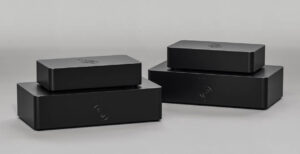
Reiki Audio SuperSwitch Master Pro + Servant Pro
- Mar 27, 2024
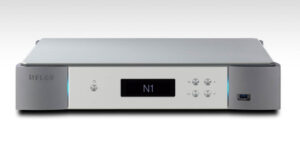
Melco Audio N1-S38 music server
- Mar 27, 2024
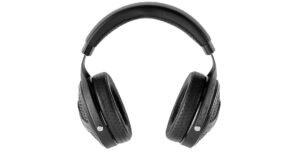
Focal Utopia 2022 headphones
- Mar 27, 2024

